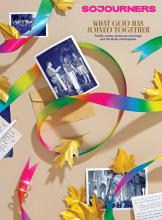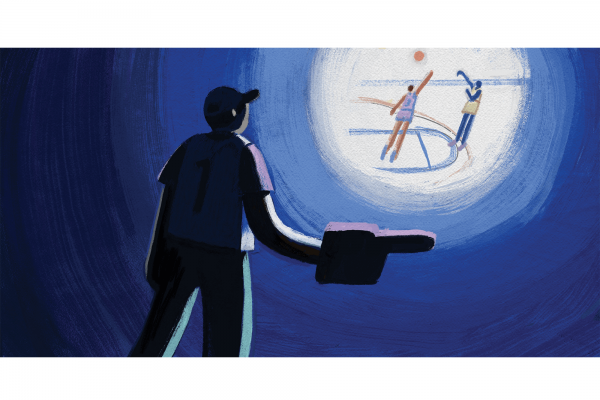MARCH IS MY favorite month of the year and not simply because of the renewal of spring. As a college basketball fanatic, it is also because of the NCAA men’s tournament, otherwise known as March Madness. My passion for college hoops began when I moved to Tucson before my junior year of high school and started attending every home game at the University of Arizona, where college basketball is an obsession. In light of the hardship and devastation that this pandemic has inflicted, it feels overdramatic to say that my spirits were crushed last March when the NCAA made the necessary decision to pull the plug on the March Madness tournament. This year, the NCAA plans to host the tournament in a bubble, following the model of last summer’s NBA playoffs. The tournament will feel incomplete without screaming fans, but the fact that it will take place at all offers a signal that the beginning of the end of the pandemic is within sight.
As our nation moves out of a long, dark winter of COVID-19 infections, hospitalizations, and deaths, we can all use a dose of something to look forward to, even if those somethings don’t look identical to life before the pandemic. A bubbled March Madness feels like a fitting metaphor to the critically important space we will be in as vaccines help us turn the tide against this virus and toward a new normal. But the journey between the spring and fall will likely feel like a long and tortuous one, particularly if COVID-19 fatigue devolves into resentment, resignation, or at worst nihilism. With the advent of more contagious and possibly more deadly strains of the virus, social distancing and mask-wearing will be even more necessary to transition from the wilderness of the current pandemic into the promised land of a post-COVID-19 world.
Read the Full Article

